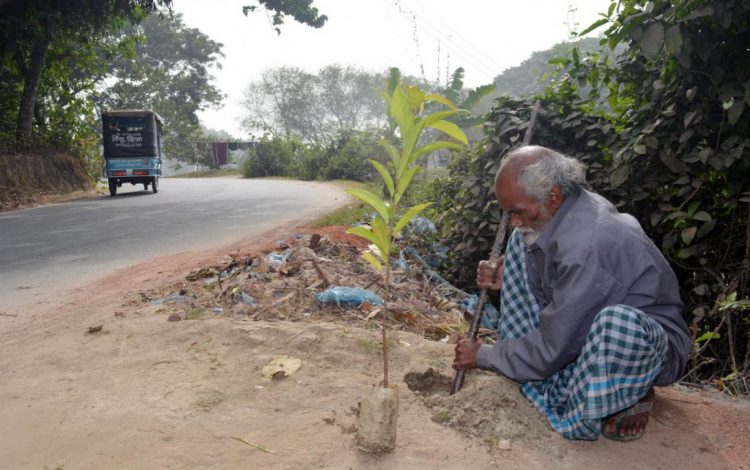A Bangladeshi medical school teacher has been suspended after allegedly pulling out a firearm and shooting a student in the leg during a heated argument.
Raihan Sharif, a lecturer at a medical college in Sirajganj, north-western Bangladesh, has been suspended from his job two days after allegedly shooting and injuring a student in a classroom. Local media reported that the incident took place on Monday, while Dr. Sharif was conducting an oral exam. At some point, he got into an argument with 23-year-old student Arafat Amin Tomal, pulled out a gun, and shot the student in the right knee. Luckily for Tomal, the bullet hit the mobile phone he had in his pocket and prevented a potentially life-threatening injury, but he still wound up in the hospital and had to undergo surgery on his leg.













